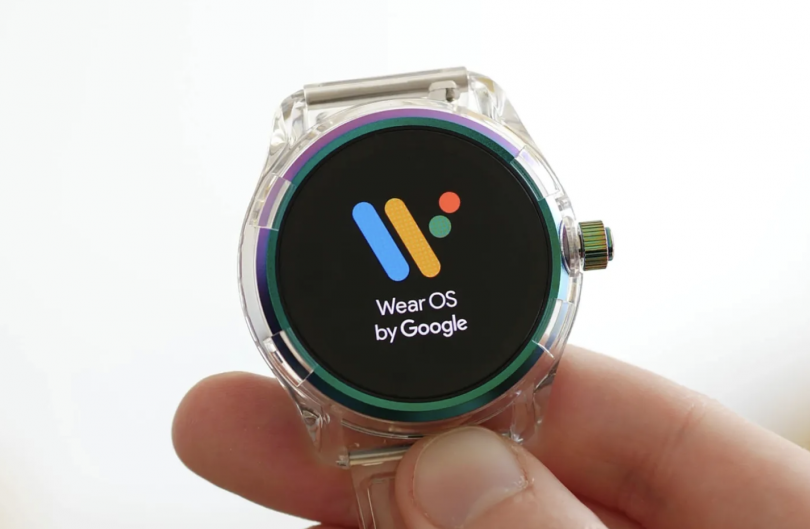Following a successful year for Wear OS in 2021, Google is maintaining the momentum with the upcoming capability of smartwatches to unlock Chrome OS and Android devices. This year, Google is extending what digital car keys can accomplish.
Google has two major auto-unlock features: one named “Smart Lock” and another called “Login Approved.” Smart Lock on Chrome OS allows your Chromebook to be unlocked by your paired Android phone, bypassing the need for a strong password or PIN. Meanwhile, the old Android version enables a nearby Bluetooth device to keep your phone unlocked.
The ability to automatically unlock your smartwatch is now available on Wear OS. When your smartwatch and smartphone or tablet are close together, it can unlock both of them. The wearable must be unlocked, and there’s an on-watch confirmation with the option to quickly “Lock again.” “Unlocked by Watch” will be written on your phone.
This functionality elevates the value of wearing a Google smartwatch considerably. Most affordable and mid-range (though that’s changing) Chromebooks lack a fingerprint reader, which detracts from the usefulness of wearing one. The ability to unlock the device automatically makes it easier to use with Wear and Chrome OS across devices.
In the “coming months,” Google will release a wearable unlock for Android and Chrome OS that will be accessible on “eligible Wear OS 3 smartwatches.”
Similarly, Android automobile keys will support Ultra Wideband (UWB) sharing. Car keys now function over NFC and require your phone to be tapped against a car door in order to be unlocked. With UWB’s “accurate ranging and spatial orientation” features, you’ll be able to use your phone as a car key without even taking it out. According to Google, this is due to its accuracy and precision.
Google is also developing the capacity to “securely and remotely share” your phone key with people you trust who need to use your car. This will be released “later this year,” while Google continues to grow device and vehicle support beyond Pixel, Samsung, and BMW.







